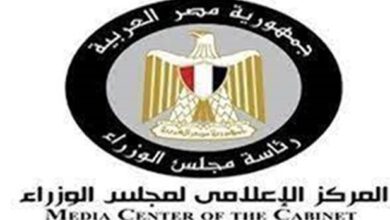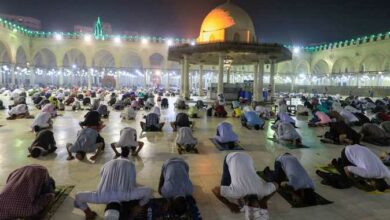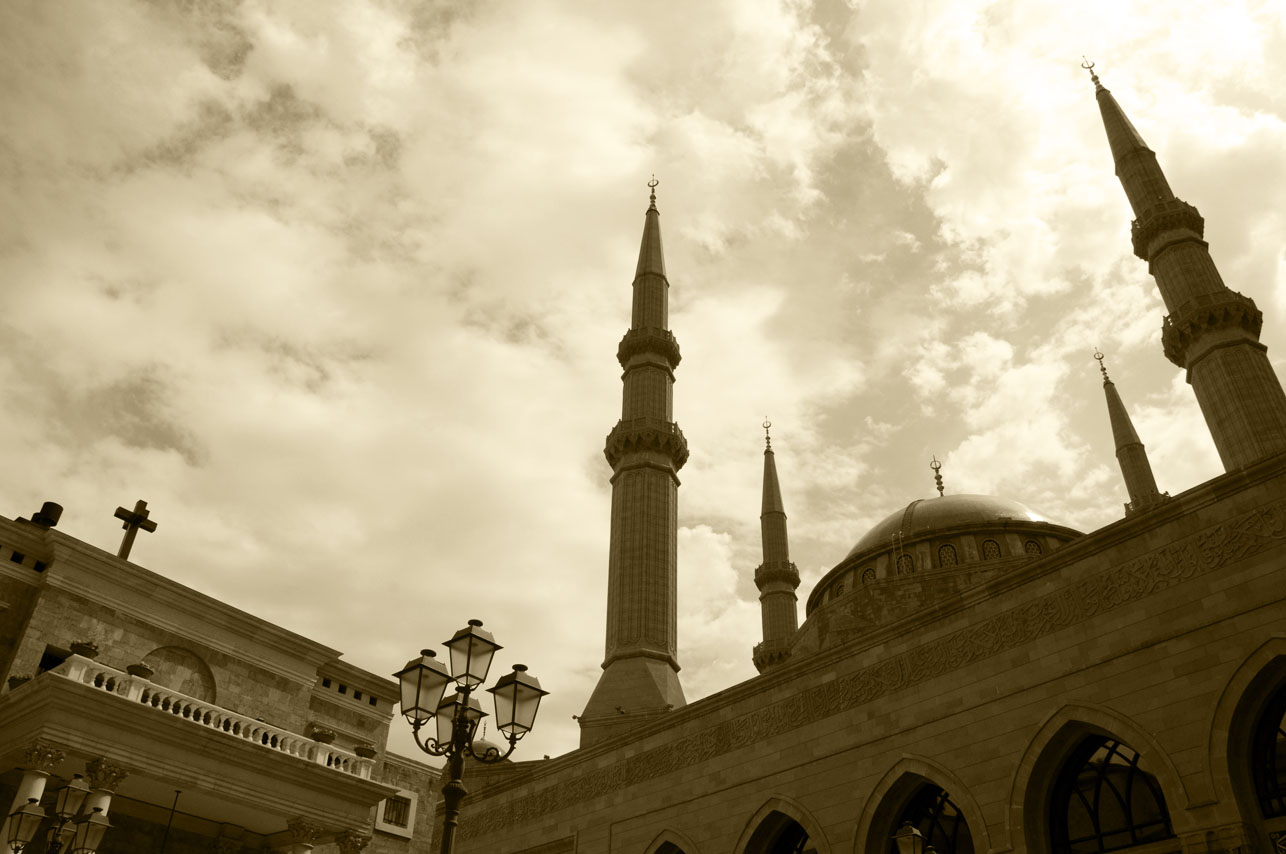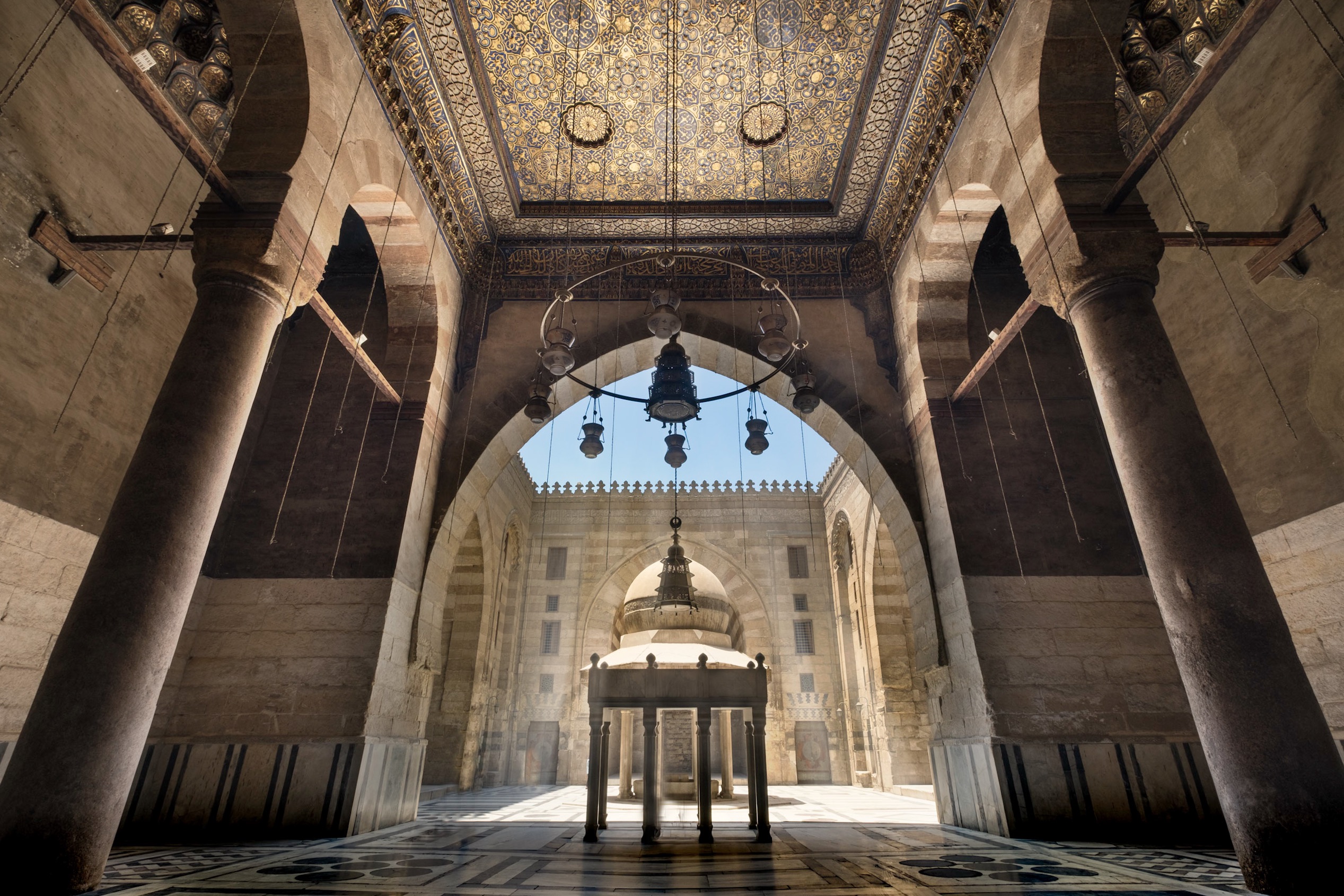With the election season looming, mosques have become homes for election campaigns. Sufis and Salafis alike have used houses of worship to help boost their chances of winning elections.
The more than 10,000 mosques that follow the Salafi trend should help them in the upcoming parliamentary elections. Some leading Salafi figures have been touring mosques in and around Cairo, as well as in Upper and Lower Egypt, since the 25 January revolution, urging people to vote for candidates calling for the implementation of Sharia law.
The Nour Party has chosen not to use mosques for its election campaigns out of respect for the High Elections Commission's ban on the practice, Nader Bakkar, member of the leadership committee and spokesman for the Salafi-led party, told Al-Masry Al-Youm. Mosque pulpits will only be used to raise awareness about candidates fighting for the Islamic identity of the state and the dangers of vote-buying, Bakkar added.
"The nominee using mosques to promote himself will be held accountable,” he warned.
Sufi mosques are also acting as mouthpieces for election campaigns. These mosques are named after members of the house of the prophet they represent, such as Hussein, Sayeda Zeinab, Sayeda Aisha, Sayed al-Badawy and Morsy Abul Abbas.
Sufi mosques have attracted candidates from the former National Democratic Party (NDP), who raise their banners and reveal their love for the family of the prophet in order to win the support of Sufi voters.
The Hussein, Sayeda Aisha, Sayeda Zeinab and Sayeda Nafisa mosques are among the most famous in Cairo. Other famous Sufi mosques used by former NDP members include Sayed al-Badawy in Tanta, Abul Abbas in Alexandria, Abdel Rahim Kenaei in Qena, and Abul Hassan al-Shazly in Red Sea Governorate.
Sufi candidates are running in the elections through parties established following the revolution. Some of the candidates campaign at the mosques in indirect ways for fear of angering Sufis, who generally refuse to use mosques for political purposes.
Sufi orders refuse to allow their mosques be used for electoral promotion, even if it is by parties founded by Sufis themselves, said Sufi Sheikh Ali Meshaal.
"There were some violations [of this rule] during the last parliamentary elections, which were rejected by the Sufi orders.” Sufis managed to protect their mosques under the old regime and banned electioneering at mosques, he added.




